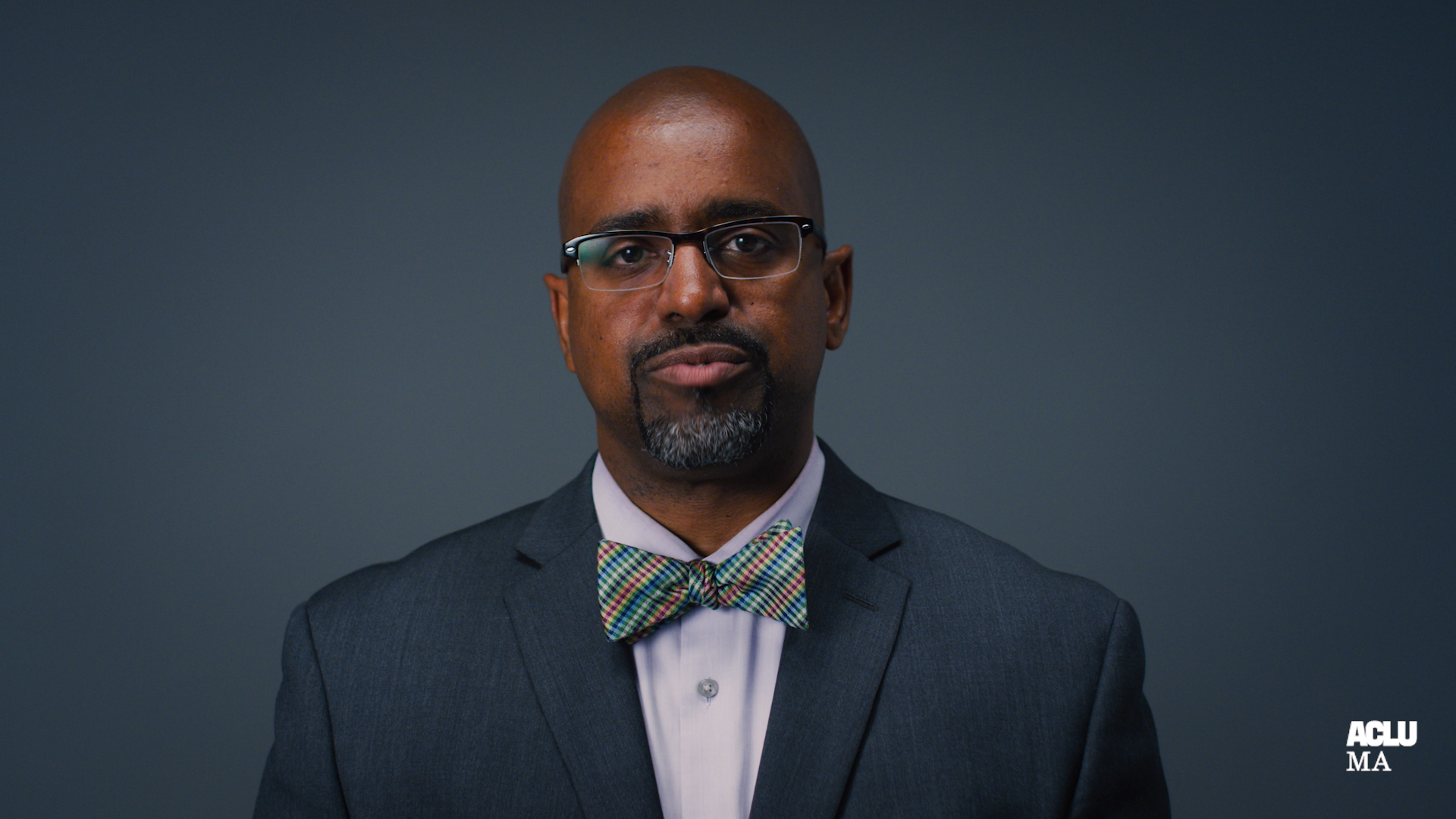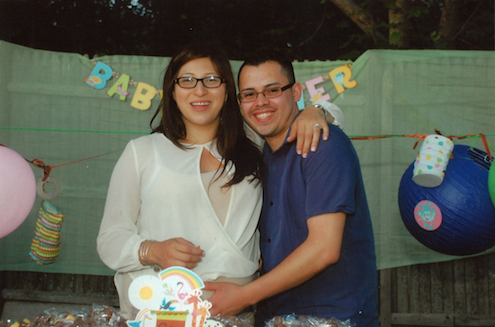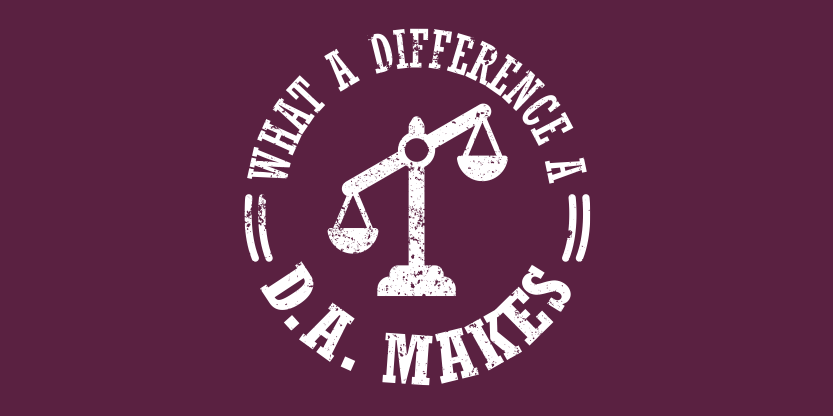This piece was originally published on the What a Difference a DA Makes campaign website. View it here.
Before we launched this public education campaign, we polled voters to find out how much they knew about district attorneys. The results were informative: Half of the registered voters believed district attorneys have only a minor or insignificant impact on the functioning of the criminal justice system – and nearly four-in-ten didn’t know that district attorneys are elected.
But the results were also promising. After hearing facts about the life-changing impact that district attorneys can have on people and in communities, 81 percent of voters say they are more likely to pay attention to their upcoming local district attorney race.
So, we set out to share the facts with people across Massachusetts to show What a Difference a DA Makes.
We created monthly videos to illustrate all the power district attorneys wield. We led court watch trainings to empower volunteers to go into courts and watch firsthand what’s being done in their names. We were in Dorchester, Springfield, and Lexington for public education forums, collaborating with our partner organizations to share the important role district attorneys play in determining the fairness and effectiveness of our criminal legal system. In contested districts like Suffolk County and Middlesex County, we hosted candidate debates and forums.
Now, we’re knocking on doors and calling registered voters to let people know that they are the ones who can redefine the role of a prosecutor. For far too long, DAs have contributed to mass incarceration, gross racial disparities, and a criminal legal system that criminalizes addiction. This September 4 and November 6, voters have the opportunity to choose a district attorney who instead redefines justice as something that’s rooted in restoration, transformation, and healing.
District attorneys are accountable only to us – the public and voters. There’s a lot we can do to hold them accountable to the values that matter to us: we can court watch, write letters to the editor, demand transparency, request community meetings, and engage our neighbors in action. But most importantly, a fairer criminal legal system begins with our vote for district attorney.
This fall, voters in five contested races have the opportunity to choose the right candidate who would help restore and strengthen our communities.
This is big, because 77 percent of district attorneys races in Massachusetts have been uncontested for the last 20 years. In fact, the last time there were six contested races for DA was in 1982 – the beginning of the war on drugs. That means – for the first time in over three decades – residents in a majority of the DA districts in Massachusetts are involved in a public discussion about where candidates stand on issues of over-incarceration, racial disparities, mandatory minimums, cash bail, transparency, and more.
It’s extremely important to vote in these elections. There’s a lot on the line this fall. District attorneys have the power to change the system, and you have the power to change district attorneys.
To find your polling location or learn more about your ballot, visit the Secretary of the Commonwealth’s website.
Written by Rahsaan Hall, director of the Racial Justice Program at the ACLU of Massachusetts and campaign manager for What a Difference a DA Makes.
Date
Tuesday, August 14, 2018 - 8:00pmFeatured image


